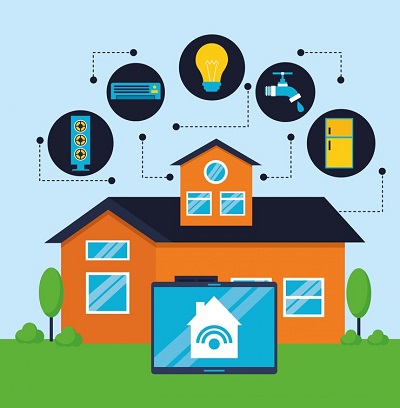The world of energy metering is undergoing a significant transformation, driven by the advancements of the Internet of Things (IoT). This blog post takes a journey through the evolution of energy metering, exploring the factors behind this transition, the benefits it offers, and the challenges it addresses.
Tracing the Roots of Energy Metering
Energy metering has traditionally relied on mechanical or electromechanical meters to measure and record energy consumption. These meters were installed in homes, businesses, and industrial facilities to track energy usage and calculate billing. While these traditional meters served their purpose, they had limitations in terms of accuracy, data granularity, and real-time monitoring capabilities.
The Rise of Smart Metering
The advent of smart meters marked a significant leap in energy metering technology. These advanced meters leveraged digital technology to provide more accurate and detailed energy usage data. They enabled remote meter reading, eliminating the need for manual meter reading processes. Smart meters also facilitated the implementation of time-of-use (TOU) pricing, allowing consumers to better manage their energy consumption based on peak and off-peak rates.
The Transformative Role of IoT
The integration of IoT into energy metering has revolutionized the landscape. IoT-enabled energy meters are equipped with sensors that collect real-time data on energy consumption, power quality, voltage fluctuations, and other parameters. This data is transmitted wirelessly to a central platform for analysis and visualization.
Key Drivers of the Evolution
Several factors have fueled the evolution of energy metering towards IoT-enabled systems:
- Government Regulations: Governments worldwide are increasingly mandating the adoption of smart meters to promote energy efficiency and reduce carbon emissions.
- Increased Energy Demand: The growing demand for energy, particularly in developing countries, necessitates more efficient energy management systems. IoT-enabled meters facilitate accurate monitoring and control of energy consumption.
- Advancements in Technology: The rapid advancements in sensor technology, wireless communication, and data analytics have made IoT-enabled energy meters a viable and cost-effective solution.
Benefits of IoT-enabled Energy Metering Systems
The transition to IoT-enabled energy metering systems offers several benefits:
- Accurate and Granular Data: IoT meters provide real-time and highly accurate energy consumption data, enabling better monitoring and analysis of energy usage patterns.
- Remote Monitoring: These systems allow for remote monitoring and management of energy consumption, reducing the need for manual meter reading and enabling proactive maintenance.
- Energy Efficiency: IoT-enabled meters facilitate energy efficiency initiatives by providing detailed insights into energy consumption patterns, allowing consumers to identify areas for optimization.
- Demand Response Programs: IoT meters support demand response programs, allowing consumers to adjust their energy consumption based on grid conditions and pricing signals.
- Improved Billing: IoT meters enable more accurate and timely billing, eliminating the need for estimated bills and reducing billing disputes.
Challenges and Considerations
Despite the numerous benefits, the adoption of IoT-enabled energy metering systems also presents some challenges:
- Cost: The initial investment in IoT-enabled meters can be higher compared to traditional meters.
- Data Security: IoT devices can be vulnerable to cyberattacks, necessitating robust security measures to protect sensitive energy data.
- Data Privacy: Concerns regarding data privacy and the potential misuse of energy consumption data must be addressed to ensure consumer trust.
- Interoperability: Ensuring interoperability between different IoT devices and systems is crucial for seamless integration and data exchange.
Conclusion
The evolution of energy metering from traditional methods to IoT-enabled systems is a testament to the power of technology to transform industries. By embracing IoT-enabled energy meters, we can unlock a wealth of benefits, including improved energy efficiency, cost savings, and a more sustainable energy future. As the technology continues to mature and become more accessible, the widespread adoption of IoT-enabled energy metering systems holds immense promise for revolutionizing the way we manage and consume energy.
